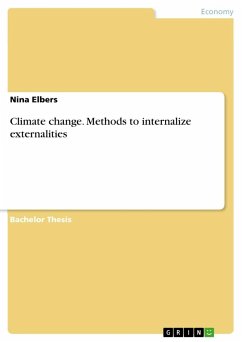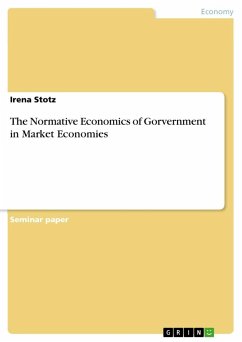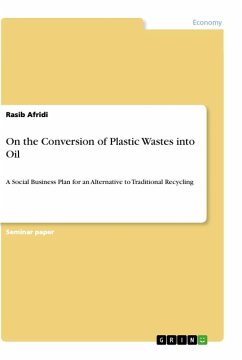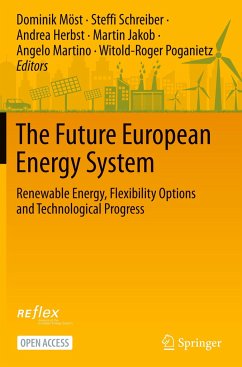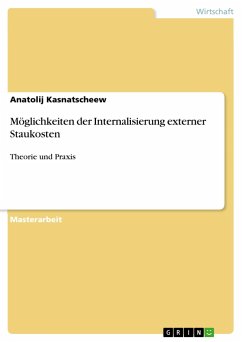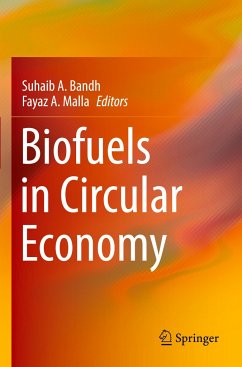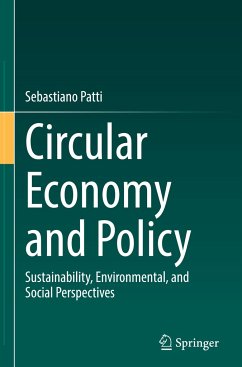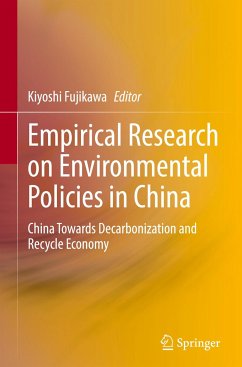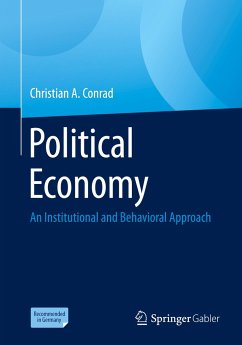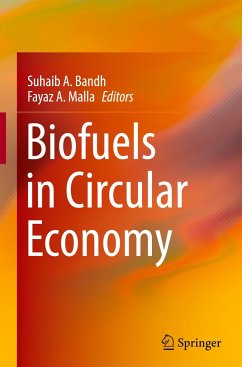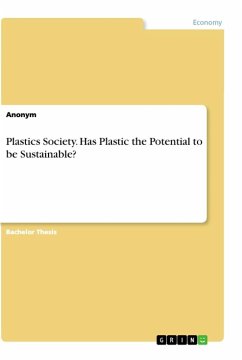
Plastics Society. Has Plastic the Potential to be Sustainable?

PAYBACK Punkte
0 °P sammeln!
Bachelor Thesis from the year 2014 in the subject Economy - Environment economics, grade: 1,3, University of Paderborn, language: English, abstract: This paper deals with the omnipresence of plastics as well as its popularity due to its diverse and advantageous properties, while it focuses especially on resulting environmental as well as human health consequences.Therefore, the material plastic and its key features are introduced initially, with a special reference to plastic carrier bags that offer consumers primarily convenience. In addition, a general overview of the prospering plastic indu...
Bachelor Thesis from the year 2014 in the subject Economy - Environment economics, grade: 1,3, University of Paderborn, language: English, abstract: This paper deals with the omnipresence of plastics as well as its popularity due to its diverse and advantageous properties, while it focuses especially on resulting environmental as well as human health consequences.Therefore, the material plastic and its key features are introduced initially, with a special reference to plastic carrier bags that offer consumers primarily convenience. In addition, a general overview of the prospering plastic industry is given.The paper aims to answer the question of whether the development of plastics can be described as sustainable at present - or whether it is supposed to become sustainable in the near future. Hence, the European waste hierarchy will be examined precisely, which reveals current processing of plastic waste. Afterwards, ecological and social externalities, as well as related market failures are outlined. While opting for solutions, variations of market instruments are applied to plastic carrier bags that serve as a potent example. In contrast to the classical theory that targets on the reduction of plastic waste itself, the Cradle-to-Cradle model takes a different approach. It promotes to rethink the design of plastic products in order to keep them in a continuous life cycle instead of focusing exclusively on the reduction of post-consumer plastic waste.




